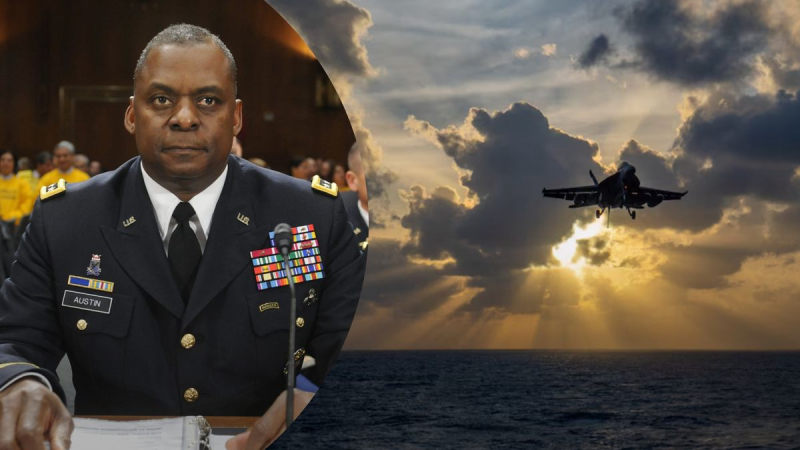 < /p>
< /p>
Missile and nuclear threats also persist in South Korea. That is why the local head of the defense department met with his American counterpart.
On Tuesday, January 31, they discussed the containment of new nuclear and missile threats in Seoul. Other issues related to the security of the state were also raised.
Back to news »
Trying to increase deterrence
Negotiations were held by Secretary of Defense Lee Jong Sup and his American counterpart Lloyd Austin. They came at a time when the Allies are trying to increase deterrence through joint military exercises and triangular cooperation with Japan. The reason for all these movements were provocations from North Korea
Officials noted that allied efforts to build confidence in America's commitment to “extended deterrence” are on the agenda. It's about using the full range of military capabilities, including nuclear. All in order to protect your ally.
Observers suggested that both sides may touch on the topic of a discussion tabletop exercise. Their allies plan to be in the US next month. During themthe actionswill be predicted in case the DPRK uses nuclear weapons.
South Korea is being prepared to contain the enemy
Austin noted that the US plansto expand the scope of cooperation with both South Korea and the Philippines.In particular, it will focus on cyberspace, as well as outer space. Also, the defense department will promote interoperability and will try to increase the complexity of combined exercises and events.
It is known that the United States is doing everything so that the armies of both countries have the necessary training and can deter any enemy.
This provides containment. We are committed to taking the steps necessary to maintain a credible combat deterrent as an alliance between the US and Korea,” the official said.
Recall that we started the new year with the news that the DPRK plans to increase the production of tactical nuclear weapons. Kim Jong-un took such a step because of the “alarming steps” of the United States. He did not run far from Putin in his rhetoric. He also stated the need to ensure “primary military power” in order to protect sovereignty and security.

